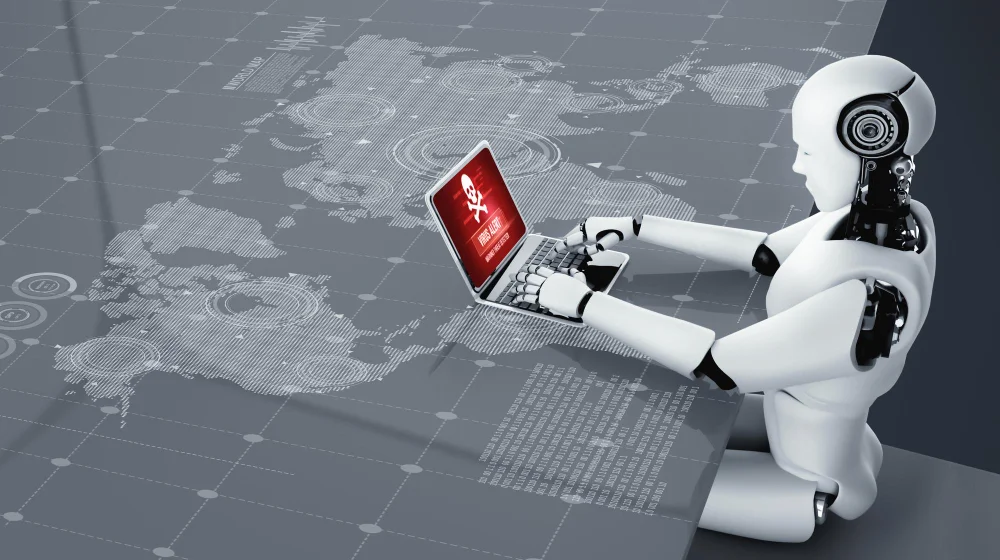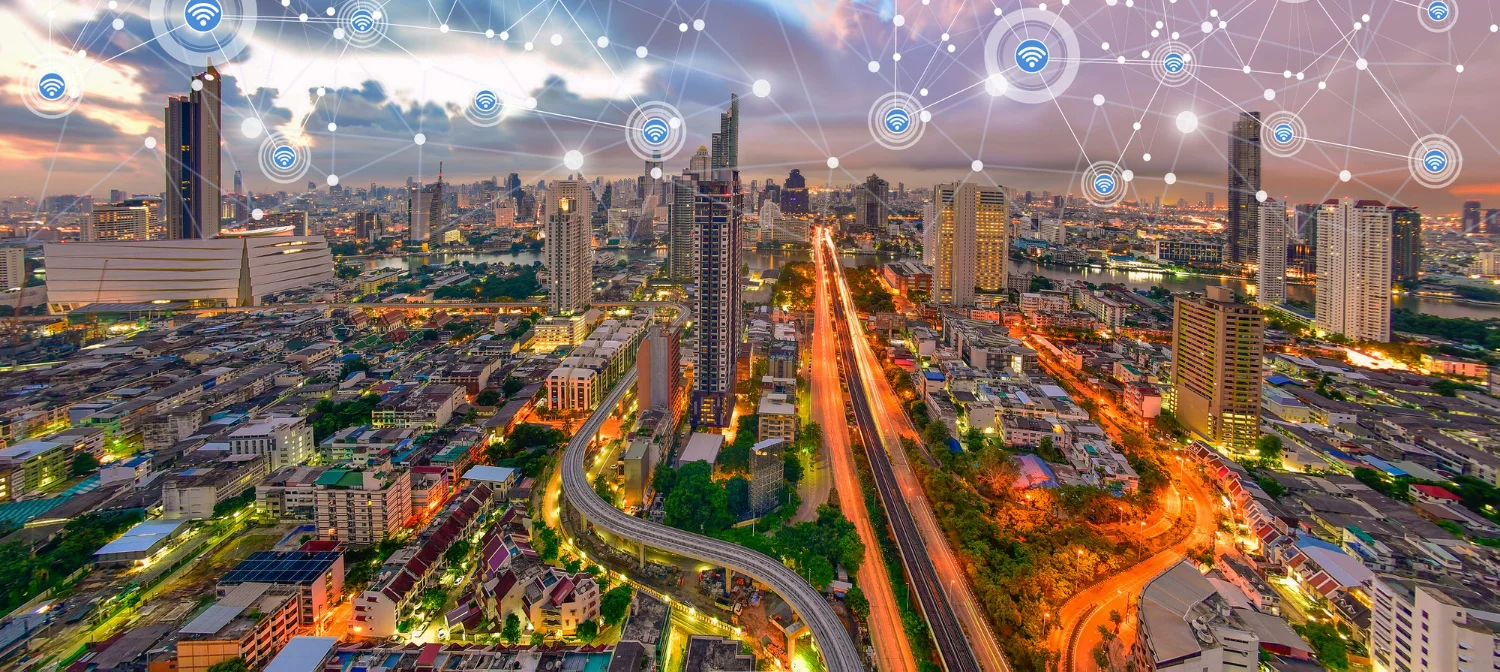Artificial intelligence (AI) is rapidly reshaping our world, and nations in East Asia are at the forefront of this transformation. While the U.S. and Europe have long been recognized as leaders in AI, countries like China, Japan, and South Korea are emerging as major players. With unique approaches, substantial investments, and government backing, these nations are not only influencing AI development but are also setting trends that could define the future of this technology.
Let’s explore how each of these countries is contributing to the AI landscape and what it means for the global future.
China: Leading the Charge in AI Development
China’s Government Policies and Investments
China has set its sights on becoming the global leader in AI by 2030. The government’s commitment to this goal is clear, with policies that support heavy investments in AI research and development (R&D). The “New Generation Artificial Intelligence Development Plan” laid out by the Chinese government aims to integrate AI across sectors, from manufacturing to healthcare.
China’s AI ambition is backed by billions of dollars in investments, with public and private funding pouring into the industry. This strong financial support gives Chinese companies a significant advantage, enabling rapid advancements in AI technology.
Major Chinese AI Companies
China is home to some of the world’s leading AI companies, including Baidu, Tencent, Alibaba, and Huawei. Each of these giants focuses on different aspects of AI:
- Baidu: Known for its work in autonomous driving and natural language processing.
- Tencent: With its vast data resources, Tencent leads in social AI and healthcare.
- Alibaba: Focuses on AI-driven e-commerce and logistics solutions.
- Huawei: Develops AI for telecommunications and hardware integration.
These companies benefit from access to vast amounts of data, fueling AI algorithms that are more efficient and effective.
Key Focus Areas: Surveillance, Healthcare, and Autonomous Driving
China has made significant strides in applying AI in surveillance technologies, which are used extensively for public safety. Healthcare is another major area, where AI is deployed to improve diagnostics and manage patient care. Additionally, China is pushing hard in the autonomous driving sector, with companies testing self-driving vehicles on public roads. These advancements highlight China’s multifaceted approach to AI, blending government goals with private sector innovation.
Japan: Integrating AI with Robotics and Society
Japan’s Unique Approach to AI
Japan’s approach to AI differs from China’s in its emphasis on robotics and social integration. Known globally for its expertise in robotics, Japan is focusing on AI that can interact with and assist humans. This approach aims to address pressing societal challenges, such as an aging population and workforce shortages.
The Japanese government has launched initiatives like the “Society 5.0” plan, which envisions an AI-driven society that harmonizes economic development with social well-being. This vision goes beyond just automation, aiming to create a society where AI and humans coexist productively.
Key Players in Japanese AI
Japan’s AI ecosystem includes well-established tech giants:
- Sony: Known for AI in entertainment, robotics, and gaming.
- Hitachi: Focuses on industrial AI for manufacturing and infrastructure.
- SoftBank: Invests heavily in AI-driven robotics, including the development of humanoid robots.
These companies are pioneering AI in unique fields, emphasizing ethical AI that benefits society at large.
Societal Applications: Aging Population Solutions and Ethical AI
Japan faces an aging population, and AI is seen as a solution to support elderly care. AI-driven robots are being used in nursing homes, while AI systems help in managing healthcare needs. Japan’s commitment to ethical AI also sets it apart, with guidelines that promote transparency, privacy, and fairness in AI applications. This approach ensures that AI is developed responsibly, aligning with the country’s social values.
South Korea: Bridging Innovation and Global Collaboration
South Korea’s AI Strategy and Investments
South Korea has a clear national strategy to become a leader in AI by fostering innovation and global collaboration. The South Korean government has pledged to invest in AI and aims to produce over 10,000 AI specialists. Public and private partnerships are crucial to this strategy, with funding flowing into AI research centers and startups.
Leading Companies in South Korean AI
South Korea is home to some major AI players:
- Samsung: Leads in AI for consumer electronics, especially in smart home and mobile technologies.
- LG: Focuses on AI in appliances, automotive technologies, and smart cities.
These companies are integrating AI into daily life, creating products that enhance user experience and connect seamlessly across devices.
Focus Areas: Education, Smart Cities, and International Partnerships
South Korea sees AI as a tool to improve education, using AI-powered learning systems to tailor education to individual students. Smart cities are another priority, with AI systems managing transportation, utilities, and public safety in urban areas.
South Korea also values international partnerships, collaborating with countries and organizations worldwide. This approach ensures that South Korea remains competitive and benefits from the latest advancements in AI technology.
Comparative Analysis: Eastern vs. Western Approaches to AI
Eastern and Western approaches to AI have some distinct differences. While Western countries often prioritize ethical considerations, Eastern nations, especially China, are more focused on large-scale applications and quick deployment. Japan and South Korea, however, tend to balance ethics with innovation, seeking to create AI that aligns with societal values.
The Impact of AI on Eastern Economies
AI is already contributing significantly to the economies of China, Japan, and South Korea. China’s rapid adoption of AI across industries could position it as the largest AI-driven economy, while Japan’s and South Korea’s focus on ethical, socially integrated AI helps them create a sustainable model for growth.
AI is not just a tool but a core part of economic policy in these countries, influencing everything from manufacturing to consumer products.
Future Outlook: What Lies Ahead for AI in China, Japan, and South Korea
The future of AI in East Asia is bright, with each country pursuing unique strategies that could shape global trends. China is likely to continue its rapid pace, with advancements in autonomous driving and surveillance technologies. Japan will push forward in robotics, aiming to create machines that support society. South Korea’s focus on smart cities and education indicates a vision of AI that integrates seamlessly into daily life.
The combined influence of these countries will play a key role in defining how AI evolves worldwide.
Conclusion
China, Japan, and South Korea are each transforming the AI landscape in their own way. From China’s rapid innovations to Japan’s ethical focus and South Korea’s collaborative approach, these countries are setting a high standard for the rest of the world. As AI continues to develop, the world will be watching East Asia, learning from its successes and adapting to its challenges.
By understanding and analyzing the AI strategies of these Eastern giants, we gain insights into a future where AI is not just a tool but a fundamental part of our society and economy.


